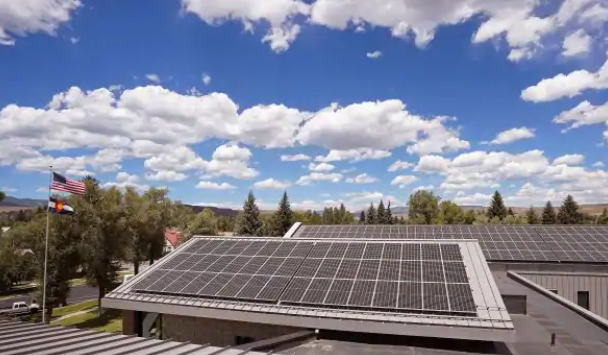In late January 2021, the Ministry of Industry and Trade issued the draft Decision of the Prime Minister guiding the selection of investors implementing solar power projects under the bidding mechanism (“the Draft”). Since Decision 13/2020/QD-TTg applies to grid-connected projects with Commercial Operation Date (“COD”) by 31 December 2020 only, it is expected that the Draft will soon be finalized and become effective so solar energy developers as well as relevant government authorities can have guidelines for projects with COD from 2021 onward.
According to the Draft, the Decision would be applicable to projects with grids connected directly to the national power network. Every 02 years, the Ministry of Industry and Trade (“MOIT”) shall issue a Price Framework for electricity generation in order to determine the ceiling price for bids to select investors of solar power projects with COD in the next 02 years.
Some notable points in the Draft
1. Applicable solar power purchase price: is the price for the connection point proposed by the winning bidder/investor in the bidding dossier (excluding value added tax).
2. Adjustment to investment schedule: if the investor is permitted to adjust the investment schedule and the project’s COD occurs after the commitment date stated in the bidding documents, the applicable electricity price of project is the electricity selling price specified in point (1) above with a cumulative reduction rate of 4% for every 90 days of delay in investment schedule. Project delay time must not exceed 12 months.
3. Bidding procedure: People’s Committees of localities to publish the bidding dossiers. Investors to submit a Bid which includes Technical Proposal and Power Price Proposal. Bid opening will be conducted twice, with Technical Proposal will be opened right after the deadline for submission of bids and investors who satisfy technical requirements will have their Power Price Proposals examined for evaluation.
4. Bidding guarantee: Investors must apply the bid security measure, which is equal to 0.5% of the total project investment, before the bid is closed.
5. Plan for development of renewable energy sources for a period of 05 years: MOIT to coordinate with Vietnam Electricity (“EVN”) and the People’s Committees of localities to organize and approve the plan for development of renewable energy sources for a period of 05 years as well as every two years (“the Plan”). The Plan shall be used as a basis for the selection of investors, regulation of local solar power projects and construction of power transmission systems etc.
Within 6 months since the 2-year Plan is approved, the People’s Committees of the provinces must complete the plan to select investors to develop solar power projects in their localities for the coming 2 years.
Once the Draft comes into effect, the Feed-in tariff (FiT) mechanism will no longer apply to solar energy projects. MOIT has proposed that the same strategy to be executed for wind power projects after 2023. The employment of bidding method will enable for the selection of capable developers through transparent procedures in order to eliminate the quiet prevalent issue of projects running behind schedule for years.
The Vietnam Government has continuously promote the development of renewable energy sources as a feasible and effective solution to counter the country’s ongoing power shortage issue because renewable energy projects can be constructed quickly and promptly for operation in the period of 2021-2023, while taking advantage of the country’s natural potential without relying on imported fuels and is eco-friendly. In other words, there are a lot of rooms for investors looking to participate in renewable energy development in Vietnam.
Several aspects worthy of attention in the new draft of Vietnam’s photovoltaic bidding
Source:EnergyConference






